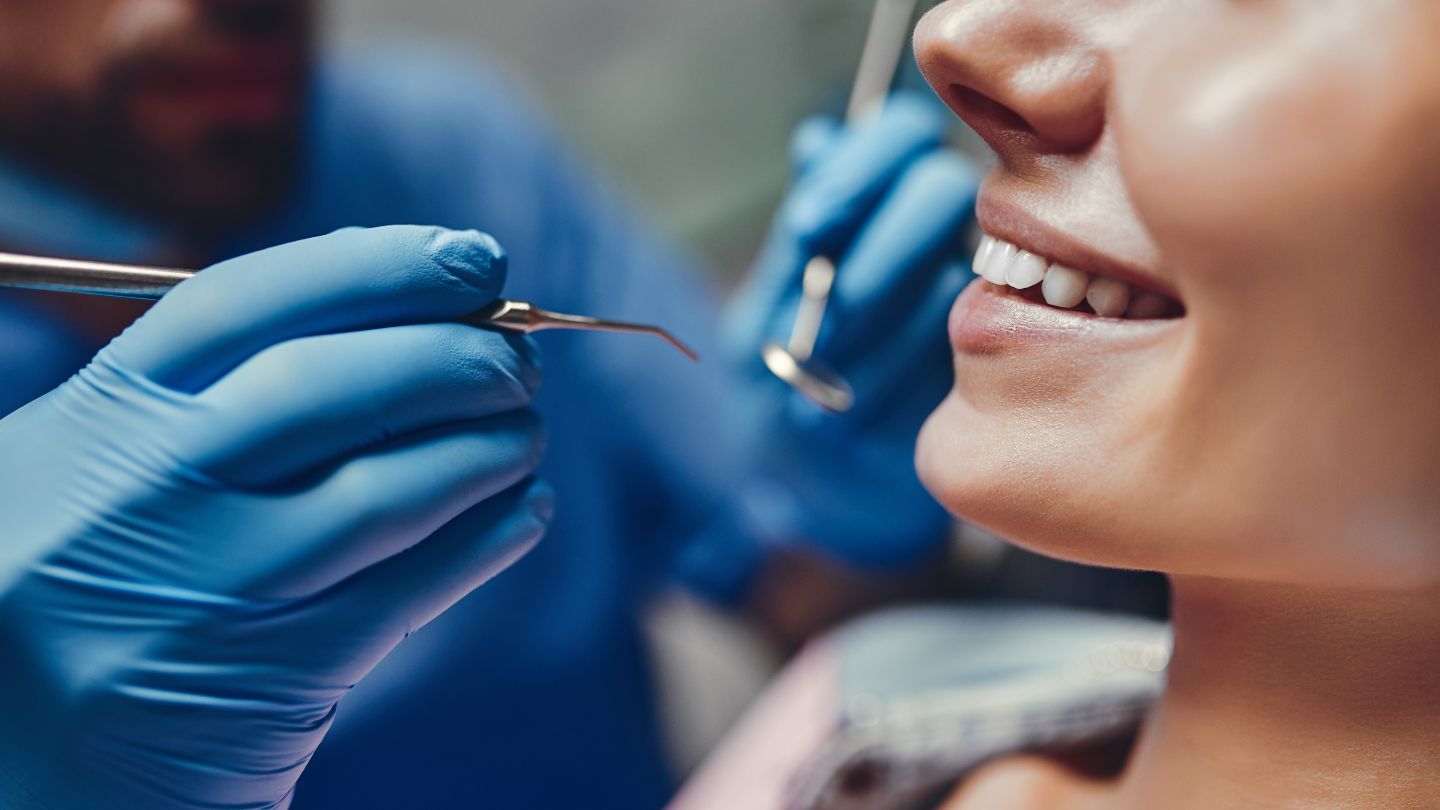Introduction
Porcelain veneer are a popular cosmetic dental treatment that can transform your smile by improving the appearance of teeth that are discolored, chipped, misaligned, or irregularly shaped. In this comprehensive guide, we will explore everything you need to know about porcelain veneers, including how they work, the benefits and drawbacks, the procedure involved, and how to care for them.
What Are Porcelain Veneer?
Porcelain veneers are thin shells of medical-grade ceramic that are bonded to the front surfaces of your teeth. They are custom-made to match the color, size, and shape of your natural teeth, providing a seamless and natural-looking result. Veneers can be used to improve the appearance of teeth that are stained, discolored, chipped, cracked, misaligned, or unevenly spaced. 
The Benefits of Porcelain Veneer
- Improved Aesthetics: Veneers can dramatically improve the appearance of your smile, giving you a brighter, more symmetrical, and more youthful-looking smile.
- Durability: Porcelain veneers are highly durable and can last for 10-15 years or more with proper care.
- Stain Resistance: Porcelain is stain-resistant, so your veneers will maintain their bright, white appearance over time.
- Minimally Invasive: Unlike some other cosmetic dental treatments, veneer require minimal alteration of the natural tooth structure.
The Drawbacks of Porcelain Veneers
- Cost: Porcelain veneers can be expensive, especially if you are getting multiple veneers.
- Irreversible: The process of applying veneers requires the removal of a small amount of enamel from the teeth, which is irreversible.
- Sensitivity: Some people may experience increased tooth sensitivity after getting veneers, especially to hot or cold temperatures.
The Porcelain Veneers Procedure
- Consultation: Your dentist will examine your teeth and discuss your goals to determine if you are a good candidate for veneers.
- Preparation: A small amount of enamel will be removed from the front surfaces of your teeth to make room for the veneers.
- Impressions: Impressions of your teeth will be taken to create custom-made veneers that match your natural teeth.
- Bonding: The veneers will be bonded to your teeth using a special adhesive and cured with a light to harden the bond.
Caring for Your Porcelain Veneer
- Maintain Good Oral Hygiene: Brush and floss regularly to prevent plaque buildup around the veneers.
- Avoid Staining Foods and Beverages: Limit your consumption of foods and beverages that can stain your teeth, such as coffee, tea, and red wine.
- Regular Dental Check-ups: Visit your dentist regularly for check-ups and cleanings to ensure the health and longevity of your veneers.

Conclusion
Porcelain veneers can be a life-changing cosmetic dental treatment, providing a beautiful and natural-looking smile that you can be proud of. By understanding the benefits, drawbacks, procedure, and care involved with veneer, you can make an informed decision about whether this treatment is right for you.
FAQs
Q 1: Are porcelain veneers permanent?
The veneers are a permanent cosmetic dental treatment. While they can last for many years with proper care, they may need to be replaced eventually due to normal wear and tear or damage.
Q 2: Can porcelain veneer be whitened?
Porcelain veneers are resistant to staining and cannot be whitened with traditional teeth whitening treatments. However, if your veneers become stained or discolored over time, they can be replaced with new veneers to restore their appearance.
Q 3: How long does the veneers procedure take?
The porcelain veneers procedure typically requires two or three visits to the dentist. The initial consultation and preparation visit may take one to two hours, while the bonding of the veneers usually takes one to two hours per tooth.
Q 4: Are veneers covered by dental insurance?
Porcelain veneers are considered a cosmetic dental treatment and are usually not covered by dental insurance. However, some insurance plans may cover a portion of the cost if the veneers are deemed medically necessary for functional reasons, such as repairing a chipped or cracked tooth. It’s best to check with your insurance provider to determine your coverage options.

